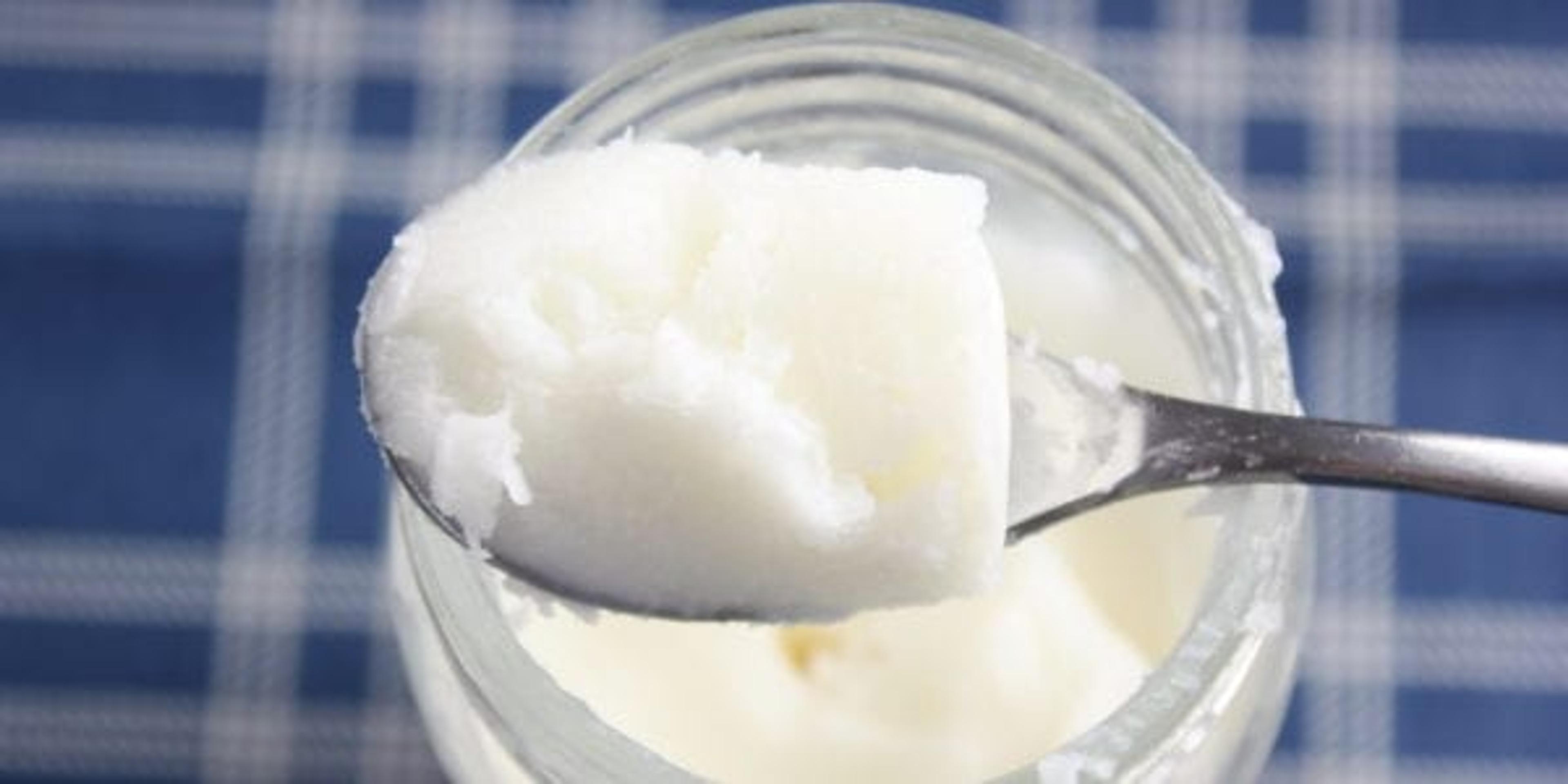The Truth About Coconut Oil

Alexandria Iacobelli
| 3 min read

Coconut oil has been in the spotlight lately, causing a lot of confusion about the perceived health benefits of coconut oil. People have started to use this oil in just about everything, from using it to cook vegetables, applying it as a skin moisturizer and even as a coffee creamer.
Coconut oil may sound good for you, as it is has healthy buzz words on the label, such as natural or vegan and it is usually found in the health foods aisle of grocery stores, but the ingredients are far from healthy. It has been seen as a new health craze, but the problem is that this food item is not as healthy as it has been assumed.
The American Heart Association recently released a report advising against the use of coconut oil. Research states that coconut oil is high in saturated fats, just like butter. 82 percent of fat in coconut oil comes from saturated fat, which far exceeds butter that has 62 percent. The AHA recommends eating no more than 6 percent of saturated fat as part of total daily calories.
“The saturated fat in coconut oil can actually make your cholesterol levels worse by increasing your total cholesterol and your LDL, which is the low-density lipoproteins, also known as the ‘lousy’ cholesterol,” said Grace Derocha, a registered dietitian, certified diabetes instructor and health coach at Blue Cross Blue Shield of Michigan.
These misperceptions about coconut oil seem to have come from small-scale studies, which are not good for everyone to base their diet on. Avoiding saturated fats all together will not necessarily aid in weight loss goals. People tend to eliminate all fats from their diet and then sometimes replace it with sugar, white flour, salts and empty calories, which can lead to weight gain as much as saturated fats or fat, in general.
Instead of using coconut oil when cooking, plant-based oils that are high in monosaturated or polysaturated fats are better options. Olive oil, avocado oil and canola oil are great to toss vegetables and chicken in before sauteing and grilling them. These types of oils can help reduce the risk of cancer and heart disease.
This might lead to believing that you should throw the jar of coconut oil into the garbage, but that is not necessary!
Good news is that coconut oil is great to put on your body, just not in your body. It is very effective as a skin moisturizer, hair conditioner and eye makeup remover. Coconut oil is often found in many lotions, because the natural antioxidants found in the oil can be a great solution for many skin types.
Photo credit: A Healthier Michigan





